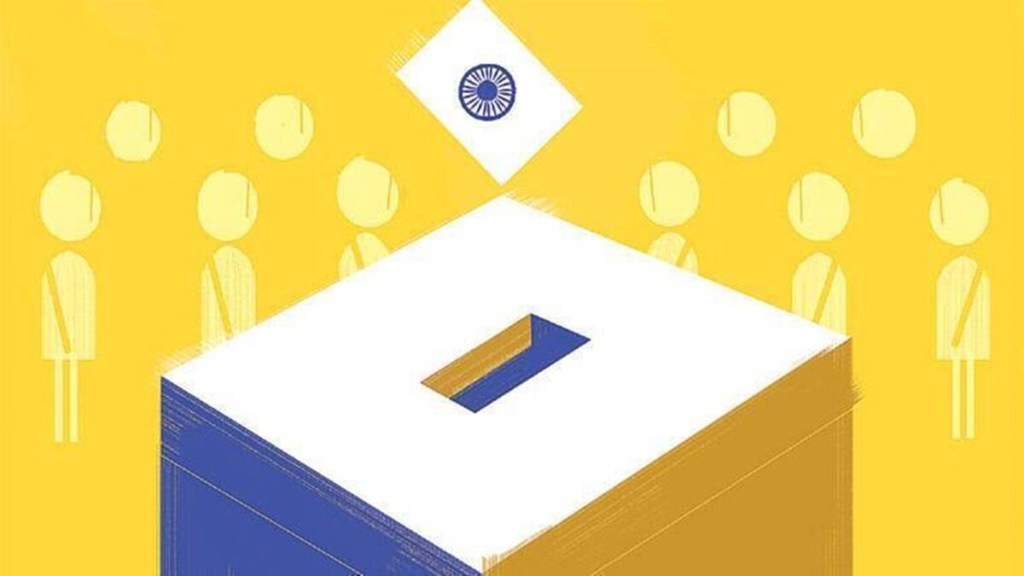Electoral bonds, as former finance minister Arun Jaitley had once phrased it, were meant to “cleanse” political funding. But the fact is they have failed to meet the desired objective. The earlier political funding regime did leave scope for parties to launder money, thanks to its exemption for donations below a certain threshold from disclosure norms. Even so, whenever parties did receive donations above Rs 20,000, they had to receive it in forms other than cash and had to report relevant details, including donor particulars, to the Election Commission. On the other hand, electoral bonds ensure that donors of any quantum of such bonds stay almost anonymous. This is an attack on the electorate’s right to know who funds their representatives, and thereby likely has a say on the policies enacted in the name of the masses.
Indeed, it is this “curtain” over possible quid pro quo that the petitioners had questioned before the Supreme Court in 2017 and 2018. After a rather long delay, the SC resumed hearing on the matter this year, and has reserved its verdict. The government, expectedly, has argued that the instrument is a transparent one—bonds have to be brought from the State Bank of India through accounts compliant with specified KYC norms, though buyers’ details are kept secret. What is swept under the carpet is that the parties get to know who their donors are, but not the citizens who vote for the candidates they field. Jaitley, in his 2017 Budget speech, had emphasised that transparency in political funding is seminal to a functioning democracy.
It is thus ironic the government has argued in court that the electorate doesn’t have a “general right to know” about the source of political funding, especially for “undefined ends”. The loss of transparency had been flagged by the election watchdog to both the government and the Supreme Court. In an affidavit before the apex court in 2019, the EC had said that the bonds would have a “serious impact” on the transparency of political funding. It had also contended that the amendments made to the Representation of the People Act to operationalise the bonds “derailed” the 2014 guidelines it had issued on political parties having to report audited accounts to it. All this, however, was before a confounding U-turn in 2021.
The government’s ringing endorsement of the opaque instrument—it has argued against a court-directed “alternative prescription”—is symptomatic of the general erosion of the public’s right to know, whether general or specific. Section 44 (3) of the Digital Personal Data Protection Act amends Section 8 (1)(j) of the Right to Information Act, and thereby totally exempts personal information from disclosure under the landmark accountability law.
The DPDP Act amends this provision in such a way that an RTI applicant can’t now seek “personal information” even when this information has a bearing on “public activity” or “public interest.” This amounts to a wholesale denial of information under the guise of protecting privacy—especially in a context where the government has got unbridled powers to access citizens’ personal data. RTI has been weakened over the last few years by chronic understaffing, chipping away the independence of the office of the Chief Information Commissioner, heavy pendency, inadequate information supplied, etc. Against such a backdrop, the anonymity that electoral bonds accord must not be the accountability architecture the country aspires to.

